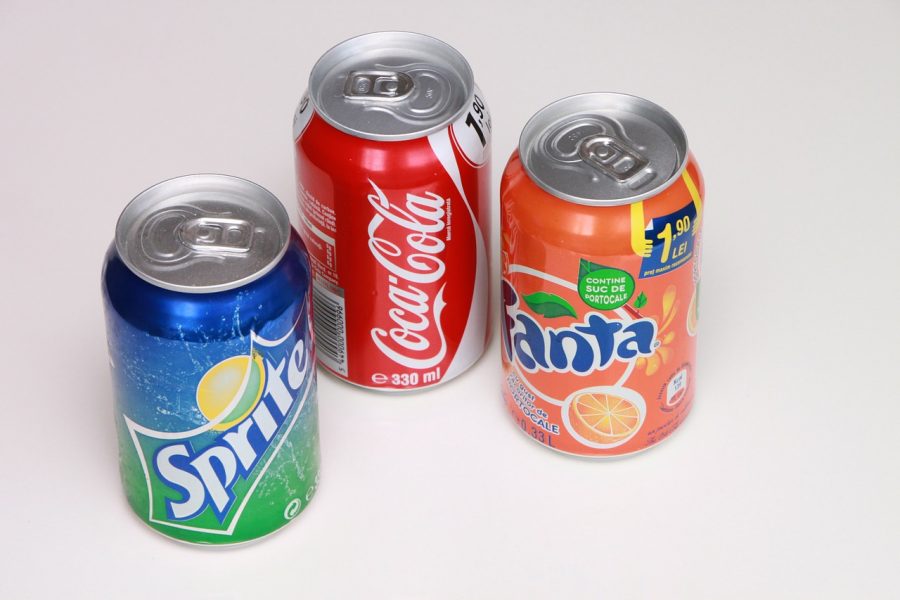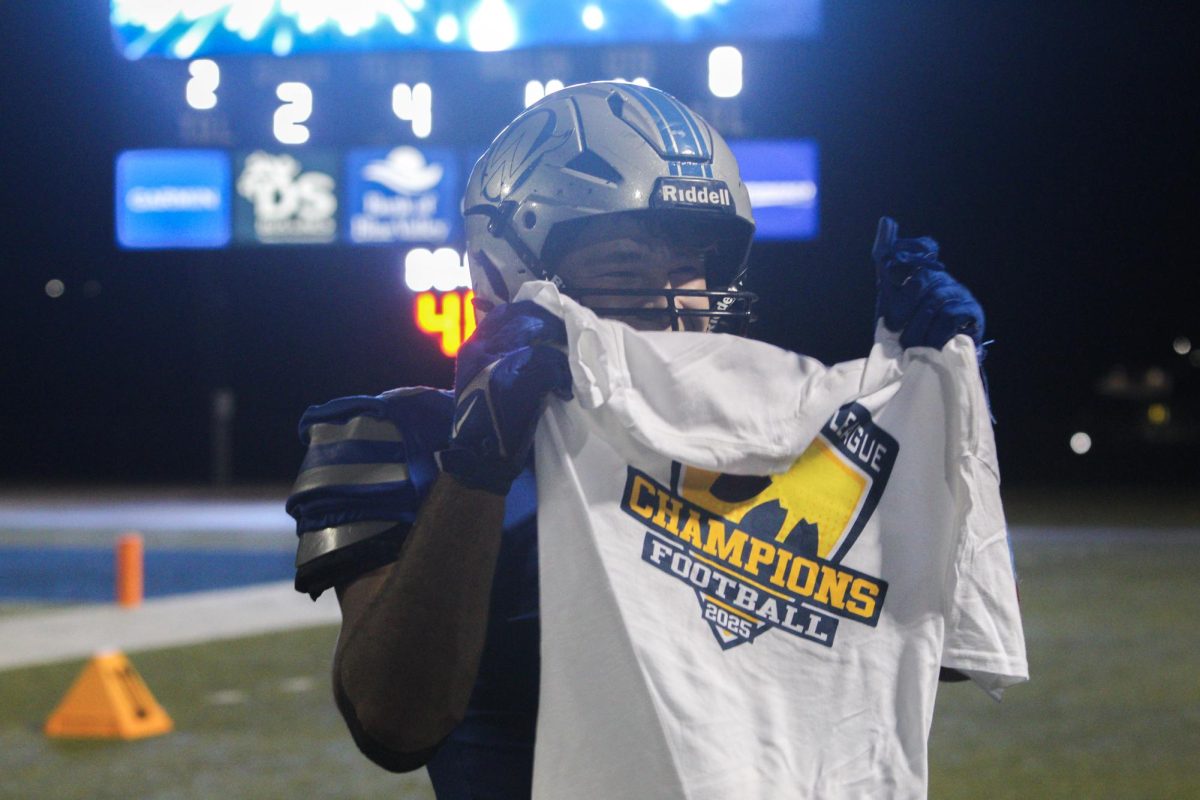The Flaws in School Soda Bans
“According to the USDA, 25 years ago, teenagers drank almost twice as much milk as soda. Today they drink twice as much soda as milk”- Albany County, NY Health Department
January 25, 2021
Many schools have proposed or instituted soda bans, and while some may think that prohibiting the consumption of soda at school would help encourage a healthier lifestyle, these soda bans are typically ineffective and could without-a-doubt be replaced with less restrictive, and more beneficial policies.
According to the Albany County, NY Health Department, “One of every four beverages consumed in America today is a soft drink.”
This statistic is particularly alarming considering soda is chalked full of empty calories- calories that provide very little nutritional value to the human body.
Consequently, like other foods full of empty calories, soda and other sugar-sweetened beverages contain “more [calories] than we need to attain or sustain a healthy weight,” the Harvard Health Letter said.
Clearly, however, this is not enough to stop teens from drinking them.
“Soft drinks comprise more than 10 percent of adolescents’ total caloric intake and are consumed daily by more than 20 percent of high school students,” the University of Alabama at Birmingham News said.
But, soda bans put in place by schools wanting to lower this statistic have not achieved the intended effect. This points to the need for a different, potentially less-restrictive, policy.
According to The Atlantic, “School bans on sugar-sweetened beverages do not appear to lessen consumption among adolescents.”
Being told not to do something often makes people only want to do it more, especially for teenagers who are already generalized as headstrong and rebellious. Besides, it’s not difficult to find soda in other places, like the grocery store, a nearby gas station, or even a student’s own home.
So, if a ban on soda and other sweetened beverages doesn’t really work, what should schools’ soda policy be?
“Switching to diet sodas would be a good policy in the case of the school wanting to provide a soda-like beverage that is low calorie and sugar or caffeine free,” Dieter said. “However, it is not the best policy if they are trying to provide more nutritionally-dense beverages.”
There are many other beverages that schools could stock their vending machines with that are better for students’ health than soda and even diet soda. Perhaps schools could make these beverages easily accessible to students without outright forbidding soda or diet soda on school grounds.
“I would prefer to see water, flavored waters, and low-fat and fat-free plain cow’s milk be made available in vending machines on school property,” Jamie Young, another dietitian, said. “I would then allow diet soda to be brought in by students, but not sold within the school to avoid sending the message that these are a nutritious product endorsed by schools.”
This seems to be a good compromise. Students could then be allowed the freedom of choice when it comes to certain sugar-sweetened beverages, but the school wouldn’t be clearly encouraging the consumption of them.
Soda, you agree?








